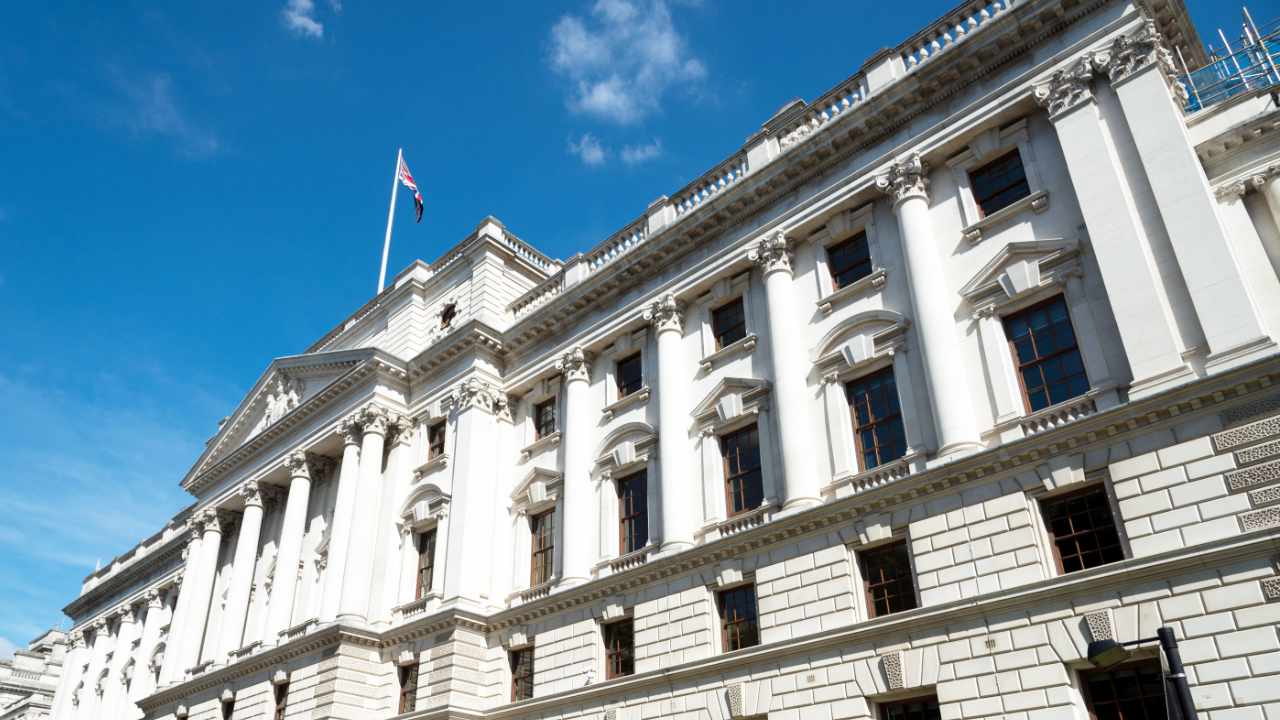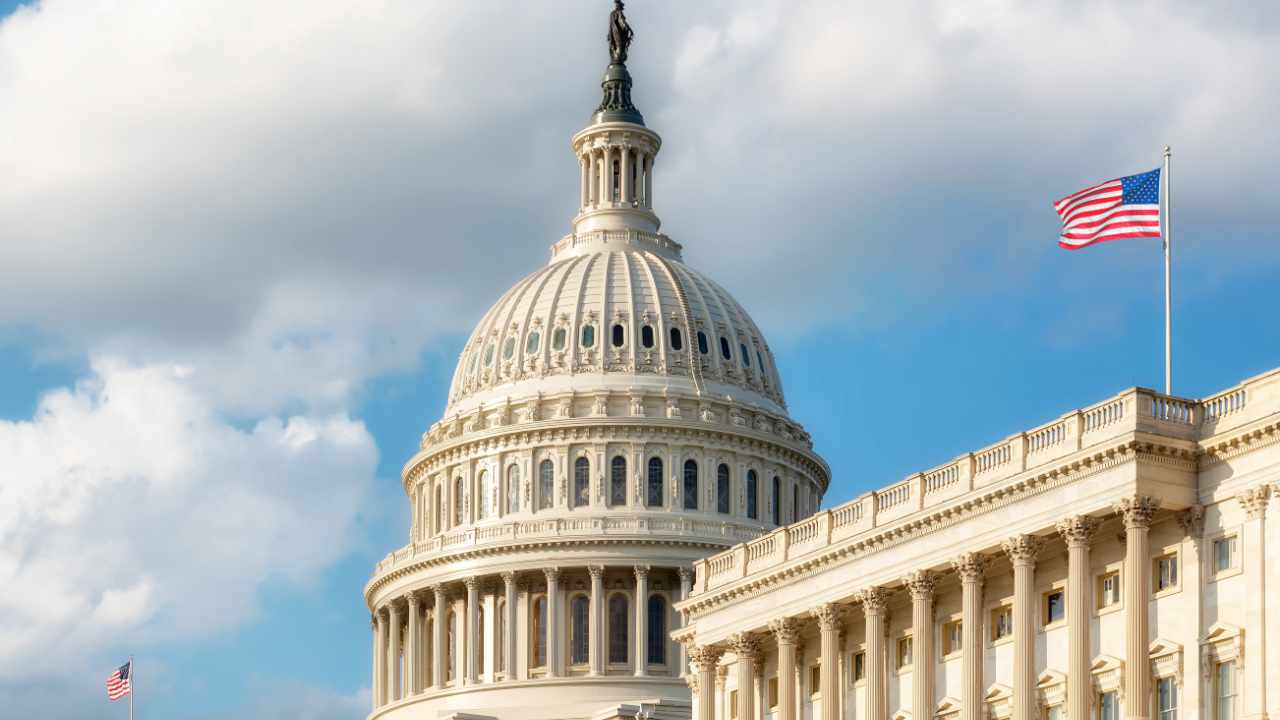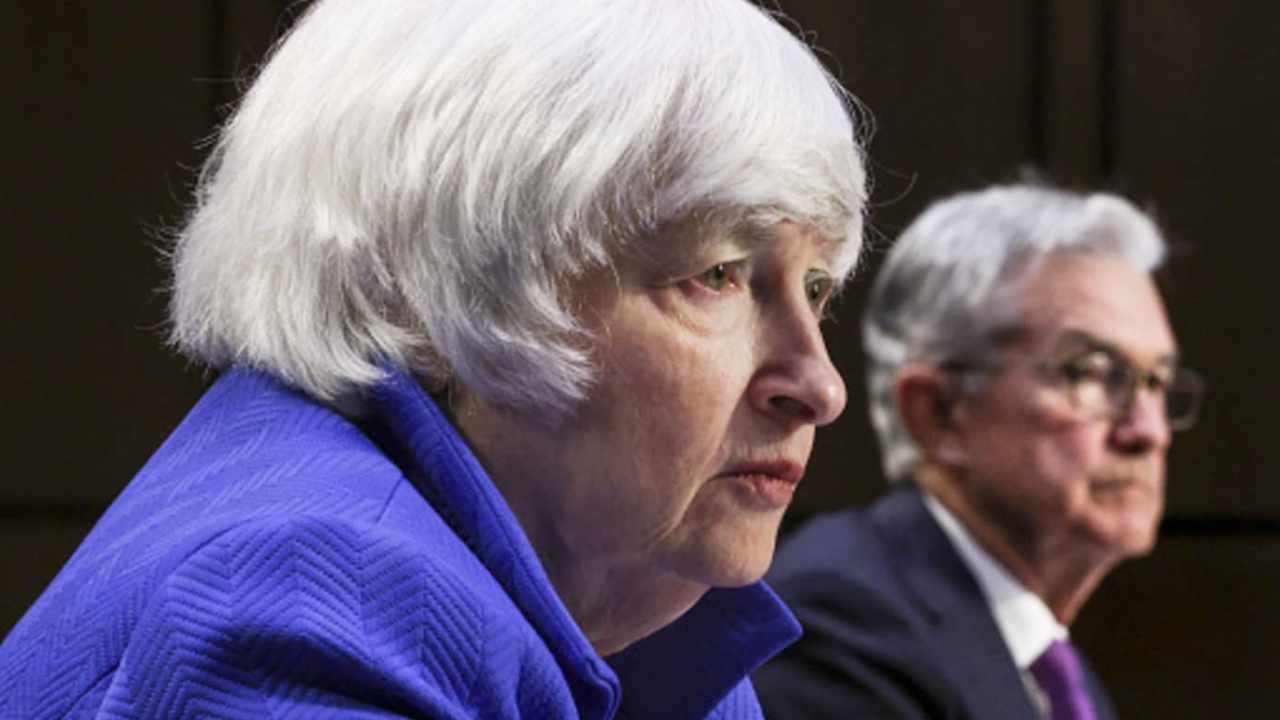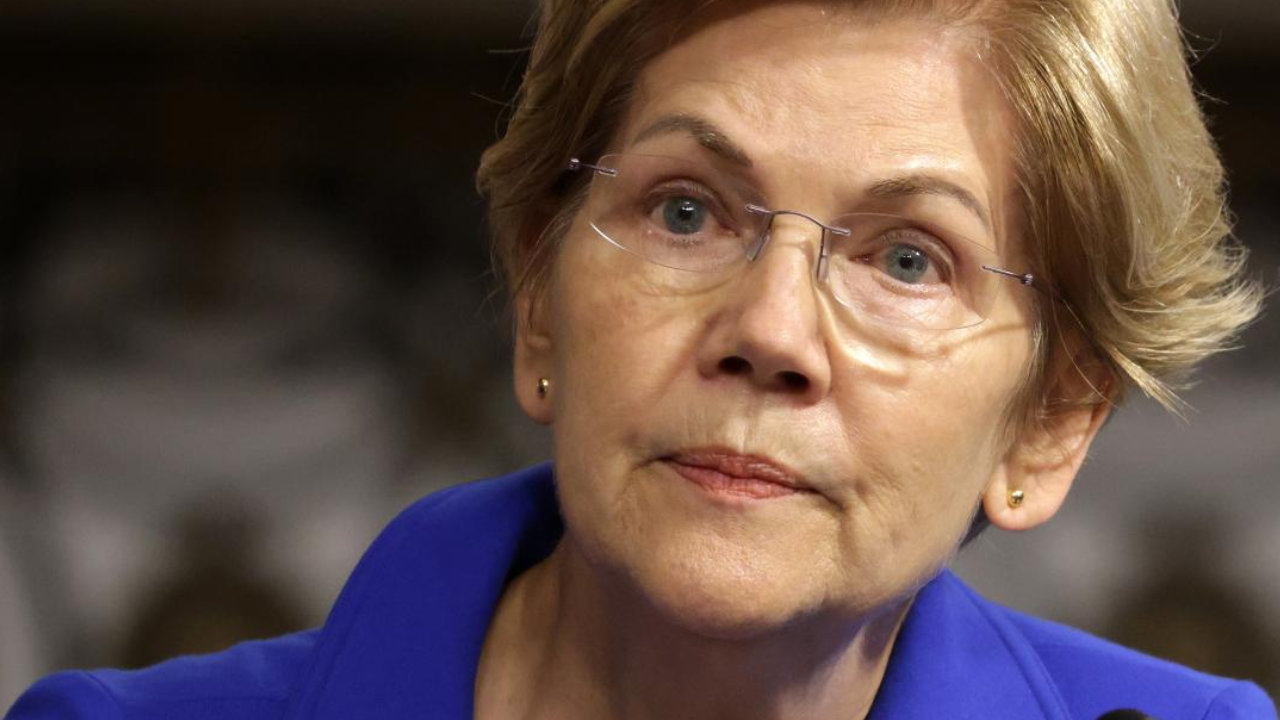
USDC’s massive growth in 2024 marked the stablecoin’s steady recovery following a 45% market cap drop associated with the Silicon Valley Bank collapse in 2023.
Circle’s USD Coin stablecoin outpaced all other stablecoins in terms of market capitalization growth in 2024, after a decline in 2023.
The circulation of USD Coin (USDC) grew 78% year-over-year, outpacing the growth rate of all global stablecoins, Circle said in its third annual State of the USDC Economy Report released on Jan. 14.
“The growth of USDC in 2024 can be attributed to a combination of factors: the maturing regulatory clarity across major markets, the scalability of blockchain infrastructure, and our relentless focus on trust, transparency and utility,” a spokesperson for Circle told Cointelegraph.

South Korea’s Financial Services Commission plans to consult with other jurisdictions, including Japan and the EU, on stablecoin rules.
South Korea’s government plans to apply foreign exchange rules to cross-border transactions involving dollar-pegged stablecoins.
On Oct. 8, the country’s Ministry of Economy and Finance reportedly announced that it was reviewing measures to ensure the soundness of stablecoin transactions.
The government agency said that apart from being used to transact and exchange within the crypto ecosystem, stablecoins are also used in cross-border transactions. This means that stablecoin’s functions expand to global transfers, which may require different rules.
 Hong Kong regulators announced the conclusion of a stablecoin regulation consultation phase that saw stakeholders provide 108 submissions. The regulators claimed that the proposed regulatory requirements received positive feedback from stakeholders. Stakeholders Support Introduction of Stablecoin Regulatory Regime On July 17, Hong Kong regulators—the Financial Services and the Treasury Bureau (FSTB) and the Hong Kong […]
Hong Kong regulators announced the conclusion of a stablecoin regulation consultation phase that saw stakeholders provide 108 submissions. The regulators claimed that the proposed regulatory requirements received positive feedback from stakeholders. Stakeholders Support Introduction of Stablecoin Regulatory Regime On July 17, Hong Kong regulators—the Financial Services and the Treasury Bureau (FSTB) and the Hong Kong […]
A proposed U.S. national defense bill could subject stablecoins issuers to KYC and AML requirements they would be unable to comply with, said Berenberg analyst Mark Palmer.
Circle’s USD Coin (USDC) and other stablecoins could potentially face a compliance nightmare if a new national defense bill that passed in the United States Senate makes it all the way.
In a July 31 investment note seen by Cointelegraph, Berenberg analyst Mark Palmer explained that a recent amendment to the 2024 National Defense Authorization Act (NDAA), could potentially introduce new KYC and anti-money laundering measures that stablecoin issuers will be unable to comply with.
“The amendment would require the U.S. Treasury Secretary to ‘establish examination standards for crypto assets’ that would help regulators to ensure compliance with money laundering and sanctions laws,” wrote Palmer, adding:
“We believe this amendment, if it remains in the final version of the NDAA, could be problematic."
Palmer explained that the identities of stablecoin holders can only be determined when the asset is issued and redeemed. “Such an outcome would likely cause further deterioration in USDC’s market cap,” he warned.
In recent months, USDC’s market cap has been on the decline, falling $17.5 billion — roughly 39% — since March 5.
While this could be a significant setback for Circle, it could also prove problematic for Coinbase, said Palmer, noting the exchange “derived 27% of its net revenue from interest income on USDC” in the first quarter of this year.
Since the beginning of the year, Coinbase shares have drastically outperformed the traditional equities market, surging 170% from a price of $33 on Jan.1 to $98.61 at the time of publication.

According to Berenberg, there were two main reasons for this outperformance. The first was the favorable ruling handed down to Ripple Labs and the second was the flurry of filings for spot Bitcoin ETFs from major institutions such as BlackRock and Fidelity.
Related: Coinbase denies SEC told it to delist everything but Bitcoin
The analysts noted that these two drivers of bullish activity for Coinbase stand on shaky ground, as recent comments from SEC Chair Gary Gensler have “poured cold water on the primary sources of the rally.”
In a July 28 interview with Bloomberg, Gensler said crypto investors shouldn’t assume that cryptocurrencies do not fall under the purview of the SEC. Additionally the analysts believe that Gensler's tepid response to a question concerning Bitcoin ETF applications implied that he may oppose their approvals.
Overall, Berenberg maintained its “hold” rating for Coinbase stock, noting that while there is still “significant uncertainty” for Coinbase in the future, its large balance of cash and equivalents provides “cushion and flexibility” in ensuring the financial longevity of the company.
Hall of Flame: Wolf Of All Streets worries about a world where Bitcoin hits $1M

It’s reported the bills' definition will cover “endogenously collateralized stablecoins,” which depend on the value of an attached cryptocurrency from the same creator for it to maintain a stable price.
Draft legislation in the United States House of Representatives would place a two-year ban on new algorithmic stablecoins such as TerraClassicUSD (USTC) which de-pegged from the US dollar earlier this year causing widespread crypto market contagion.
The bill would criminalize the creation or issuance of new “endogenously collateralized stablecoins,” according to a current draft of the legislation obtained by Bloomberg.
However the legislation includes a grace period of two-years for existing algorithmic stablecoin providers to change their models and collateralize their offering differently.
The definition would reportedly cover stablecoins which depend on the value of another virtual asset from the same creator to maintain its price and is marketed as having the ability to be converted, repurchased or otherwise redeemed for a fixed price.
The bill raises concerns over whether stablecoins such as Synthetix USD (SUSD) would be captured by the definition, as it is currently collateralized with the native asset of the same protocol in the SNX token. Other algo-stablecoins with a similar structure include BitUSD which is backed by BitShares (BTS).
Those well-educated on crypto understand that Terra doesn't represent all stablecoins, Celsius wasn't DeFi, 3AC had nothing to do with the technology, etc.
— Jake Chervinsky (@jchervinsky) September 19, 2022
But as in all things, it's a lot harder to engage with those nuances than to simply say "crypto bad, regulate it to death."
The draft bill also mandates the U.S. Treasury to undertake a study on algorithmic stablecoins and consult with the Federal Reserve, the Securities and Exchange Commission, the Federal Deposit Insurance Corporation, and the Office of the Comptroller of the Currency.
It’s possible the panel could vote on the bill as early as next week, Bloomberg reports people familiar with the legislation state Democratic Representative Maxine Waters and Republican Patrick McHenry have been working to reach an agreement on the legislation, although it's unknown if McHenry approved the latest draft.
Related: The crypto industry can trust Cynthia Lummis to get regulation right
Waters Chairs the House Financial Services Committee, of which McHenry is a Ranking Member, both heard testimony at a hearing Tuesday that U.S. dollar-backed stablecoins could enhance national security due to the perceived prestige and reliability of the dollar.
TerraClassicUSD (USTC), formerly known as TerraUSD (UST) is an algorithmic stablecoin which lost its 1:1 peg with the U.S. dollar in early May hitting an all-time low of $0.006 in mid-June which resulted in tens of billions of dollars worth of losses.
 The British Treasury Department has affirmed its commitment to regulate stablecoins after the collapse of terrausd (UST) and terra (LUNA). “This will create the conditions for issuers and service providers to operate and grow in the U.K., whilst ensuring financial stability and high regulatory standards,” said an HM Treasury spokesperson. Regulation of Stablecoins in the […]
The British Treasury Department has affirmed its commitment to regulate stablecoins after the collapse of terrausd (UST) and terra (LUNA). “This will create the conditions for issuers and service providers to operate and grow in the U.K., whilst ensuring financial stability and high regulatory standards,” said an HM Treasury spokesperson. Regulation of Stablecoins in the […] A commissioner with the U.S. Securities and Exchange Commission (SEC) expects to see stricter regulation on stablecoins. However, Treasury Secretary Janet Yellen says stablecoins are currently “not a real threat” to the country’s financial stability. SEC Commissioner on Stablecoin Regulation The regulation of stablecoins has been a hot topic this week following the Terra fiasco […]
A commissioner with the U.S. Securities and Exchange Commission (SEC) expects to see stricter regulation on stablecoins. However, Treasury Secretary Janet Yellen says stablecoins are currently “not a real threat” to the country’s financial stability. SEC Commissioner on Stablecoin Regulation The regulation of stablecoins has been a hot topic this week following the Terra fiasco […] As U.S. lawmakers push for the urgent regulation of stablecoins, the Financial Stability Oversight Council (FSOC) and the Federal Reserve Board warn about the risks of stablecoin runs that threaten the country’s financial stability. Treasury Secretary Janet Yellen brought up the terrausd (UST) fiasco as an example of why a comprehensive regulatory framework is urgently […]
As U.S. lawmakers push for the urgent regulation of stablecoins, the Financial Stability Oversight Council (FSOC) and the Federal Reserve Board warn about the risks of stablecoin runs that threaten the country’s financial stability. Treasury Secretary Janet Yellen brought up the terrausd (UST) fiasco as an example of why a comprehensive regulatory framework is urgently […]
The Digital Commodity Exchange Act would give the commodities regulator the authority to determine rules for cryptocurrency developers and exchanges offering spot trading.
A bipartisan group of lawmakers in D.C. introduced an updated bill on April 28 to regulate cryptocurrency developers, dealers, exchanges, and stablecoin providers, bringing them under the regulatory control of the United States Commodity Futures Trading Commission (CFTC).
The Digital Commodity Exchange Act of 2022 (DCEA) was re-introduced to Congress by Republican Representatives Glenn Thompson and Tom Emmer with support from Democrat co-sponsors Darren Soto and Ro Khanna.
The updated version includes a section covering stablecoin providers, who can register as a “fixed-value digital commodity operator.” These operators would be obligated to share how the stablecoin operates, retaining records for the regulator along with providing information on the assets backing the “fixed-value digital commodity” and how they’re secured.
As per the last bill, the DCEA would authorize the CFTC to register and regulate cryptocurrency exchanges that offer spot trading of crypto commodities — those that allow traders to buy cryptocurrencies at the current price.
The DCEA would not affect the Securities and Exchange Commission’s (SEC) regulatory power over digital asset securities offerings, but instead classify cryptocurrencies that are not securities as digital commodities to be brought under regulation by the CFTC.
Crypto exchanges would also be subject to the same rules as other commodity providers for listing new cryptocurrencies on their platforms. Exchanges must demonstrate the crypto is “not readily susceptible to manipulation” through analyzing its mechanics such as its “purpose, functionality, governance structure, distribution, and participation.”
Developers of cryptocurrencies could also voluntarily register with the CFTC and make disclosures required for public trading and listing on an exchange. A summary of the act says registration would ensure accuracy of records and public information about the crypto is standardized and could help facilitate public exchange listings.
Related: Self-regulatory organizations growing alongside new US crypto regulation
Regulatory uncertainty has afflicted cryptocurrency businesses operating in the U.S.,and in a release the co-sponsors of the bill said it would help with easing the prevailing uncertainty of the current rules, with Soto saying:
"Regulatory clarity is critical for digital commodity markets to promote innovation and consumer protection. Innovators are spending up to fifty percent of start-up costs on legal fees because of the current regulatory ambiguity between what is a security and what is a commodity.”
Industry advocacy body the Crypto Council for Innovation called the bill “a step forward” as it creates a “new atmosphere of opportunity without stifling innovation” adding:
“This is one of a few bills introduced that the industry should watch closely.”
In February, CFTC chair Rostin Behnam told lawmakers during a Senate hearing on digital assets that the Commission had a lack of authority to enforce the crypto space due to differing regulations.
Behnam called the crypto space “in essence…an unregulated market” and said more regulatory authority for the CFTC “will only allow us to see what’s going on underneath the hood.”
The bill will need to move forward to a hearing by the Agriculture Committee, if passed by the House, it will be then taken up by the Senate Agriculture Committee for discussion.
 U.S. Senator Elizabeth Warren has called on regulators to clamp down on decentralized finance (defi) and stablecoins “before it’s too late.” She said: “Defi is the most dangerous part of the crypto world … it’s where the scammers, the cheats, and the swindlers mix among the part-time investors and first-time crypto traders.”
US Senator Urges […]
U.S. Senator Elizabeth Warren has called on regulators to clamp down on decentralized finance (defi) and stablecoins “before it’s too late.” She said: “Defi is the most dangerous part of the crypto world … it’s where the scammers, the cheats, and the swindlers mix among the part-time investors and first-time crypto traders.”
US Senator Urges […]